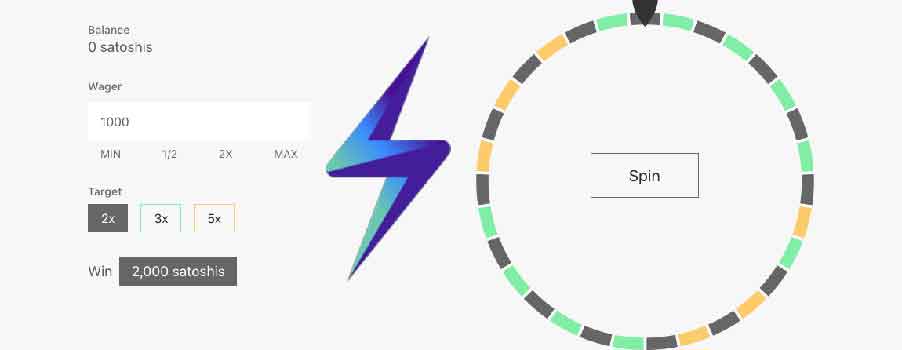There have been lots of debates regarding the legitimacy of Tether (USDT) as a stable means of payments as well as its speculated involvement in the manipulation of the prices of digital currencies. Despite this, the digital currency has been growing with a decent number of merchants now accepting it as a preferred means of stability. This is largely because of its unmatched stability.
As it stands, Tether occupies the fourth spot in the United States’ crypto market. This means that it is already highly regarded as a stablecoin and therefore its rise to the top should not be as much of a surprise. Over the past year, merchants who are using the digital currency have recorded a significant increase in Tether volumes over the past year.
According to CoinPayments.net, one of the world’s largest digital currency payment processors, Tether currently accounts for up to 30 percent of the volume of transactions it processes. In comparison, a year ago the volume of Tether transactions was 30 times less than what has been recently reported. The consistency in Tether’s meteoric rise has been quite consistent across a number of other cryptocurrency payment processors as well.
Why Now?
Well, unlike other digital currencies, Tether burst into the scene with the promise of living up to the stablecoin objective. The digital currency avoided fluctuations and instead opted for at least a one-to-one ratio with the US dollar by managing a reserve.
This feature made it quite popular and many merchants would often accept payments in other digital currencies such as Bitcoin and convert it to Tether in order to “hedge against the volatility” of other cryptocurrencies. The over 265 companies that accept payments in Tether has since switched and are now taking Tether payments directly.
What It Means for Other Digital Currencies
While Tether’s use in commerce is definitely a positive development for the crypto community, its growth has had a rather negative impact on other digital currencies especially the ones considered to be market leaders such as Ether and Bitcoin. Owing to several factors, Bitcoin and Ether have lost their appeal among many investors and due to the rapidly shifting dynamics of the crypto industry, a lot of focus is being given to alternative crypto solutions.
Moreover, there is a need for more accessible digital currency solutions in such areas as gambling and other adult product like cannabis and sex dolls. Tether has caught up and its stability is making many other digital currencies seem like raw deals for many customers. Perhaps this is the beginning of its ascension to the top of the crypto market.










